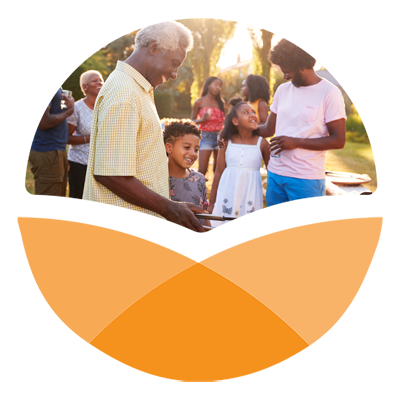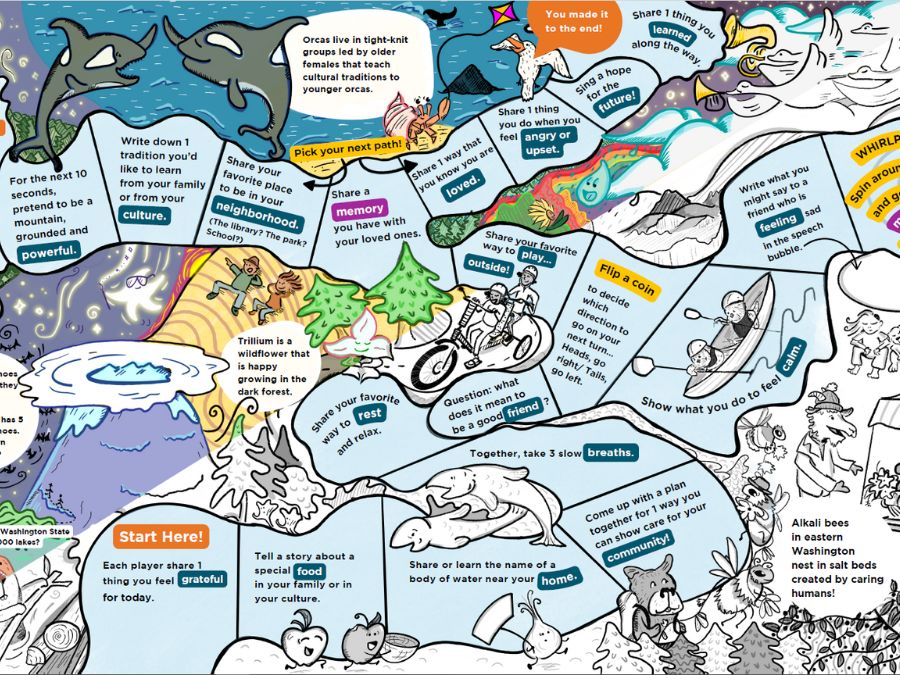
Resources
Practice the HOPE framework with our free resources
Check out our free, downloadable resources on positive childhood experiences, the Four Building Blocks of HOPE, organizational implementation, and more! For help and requests for future resources, reach out to us directly.
Search:
Filter by Languages:
- English
- Español (Spanish)
- Kreyòl Ayisyen (Haitian Creole)
- Português Brasileiro (Brazilian Portuguese)
- Tiếng Việt (Vietnamese)
- 普通话 (Mandarin)
Filter by Topic:
- ACEs
- Antiracism
- Assessment
- BRFSS
- Building resilience
- Child welfare
- Education
- Equity
- Four Building Blocks of HOPE
- Goal setting
- Home visiting
- HOPE framework
- Incarceration
- Intake
- LGBTQ+
- Organizational implementation
- Parents
- Pediatric care
- Positive childhood experiences
- Practicing HOPE
- Referral
- Screening
- Strengthening Families
- Substance use
- Training
Featured Resources
River of Connection Game
Experience positive childhood experiences (PCEs) through a board game This River of Connection Game (PDF) was created by HOPE Facilitators…
HOPE Toolkit for Educators
Promote PCEs in education The HOPE for Educators Toolkit is for teachers, school staff, school counselors, and anyone who works…
HOPE as an anti-racism framework in action guide
How to ensure PCEs for all children through policy and practice changes This guide walks you through the process of…



